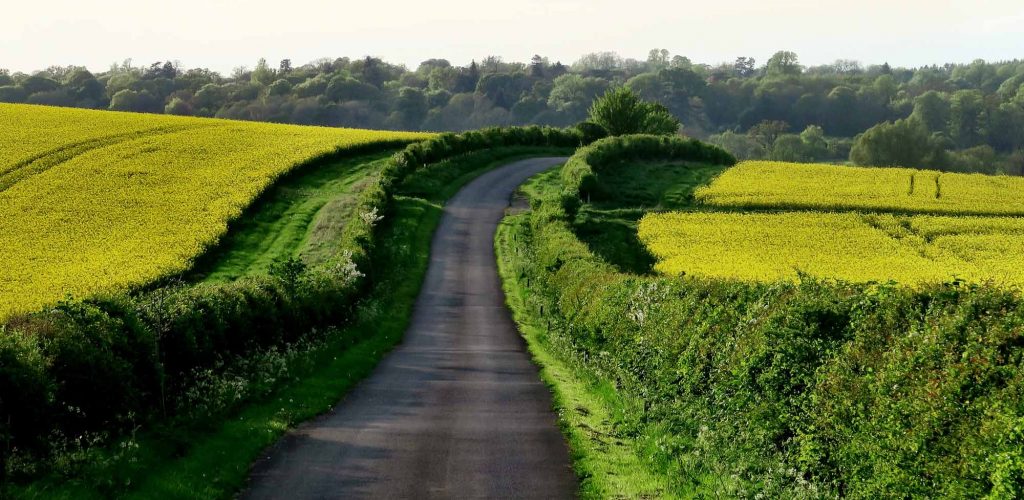Organic fertilizers and soil amenders produced form organic wastes could hold the key to transforming Europe´s agriculture. A new EU-funded project aims to build mobile technology to give every farmer easy access to natural fertilisers. NOMAD will process digestate, a by-product of anaerobic digestion in biogas plants, to recover valuable, renewable nutrients from multiple organic waste streams.

Organic waste represents a high percentage of global waste composition, ranging from 28% in high-income countries to a massive 64 % in low-income countries. Resulting greenhouse gas emissions pose a serious climate change threat. Additionally, rural areas face challenges in managing their waste management due to poor infrastructure.
Experienced EU and Chinese partners from NOMAD (Novel Organic Recovery using Mobile ADvanced Technology), will develop a decentralised model that aims to deliver a complete, localised, circular solution for digestate use.
Digestate processing technology will be incorporated into a truck and trailer. Once the prototype has been built and tested in the UK, it will demonstrated across contrasting locations in Greece, Italy and Malta. NOMAD’s four demo sites feature specific digestate types (UK: food waste; Greece: animal residue and manure; Italy: crop waste; Malta: municipal wastewater) to analyse a range of issues, investigate regulatory bottlenecks and assess the performance of the technology in different environments. This approach should enable farmers not only in remote areas, but also in urban areas, to convert their unused organic residues into high performance bio-fertilisers.
Ioanna Dourou is part of this international team and is a chemical engineer at the Centre for Research and Technology Hellas (CERTH) in Thessaloniki, Greece. For her, this is a great opportunity for helping both the farmers and the environment:
“In some countries we can see that huge quantities of food waste are just thrown away inside plastic bags. This pollutes not only the air and the soil, but also our ground water. I believe that projects like NOMAD can offer the technology to change the people´s relationship toward the environment and our life on this planet in general.”
Another key aim of the research team is to address the problem of antibiotic residues that end up in digestate derived from manure and slurries. The project will look at the most effective ways to remove dangerous pharmaceutical compounds from digestate.
For farmers, the researchers will provide a robust, cost-effective solution that mitigates the risks and challenges associated with digestate. NOMAD aims to create new revenue streams from easy-to-use organic fertilisers and soil amenders and provide the tools to utilize them in ways that take into account local soil conditions. This should deliver significant savings for farmers by improving soil health as well as removing the need for large digestate storage capacity, on-site pasteurisation and digestate processing equipment.


The project has received funding from the European Union´s Horizon 2020 research and innovation programme under grant agreement No 863000.